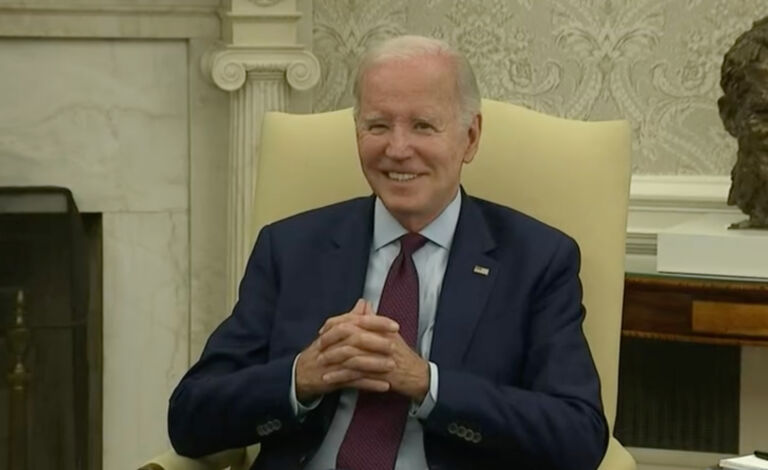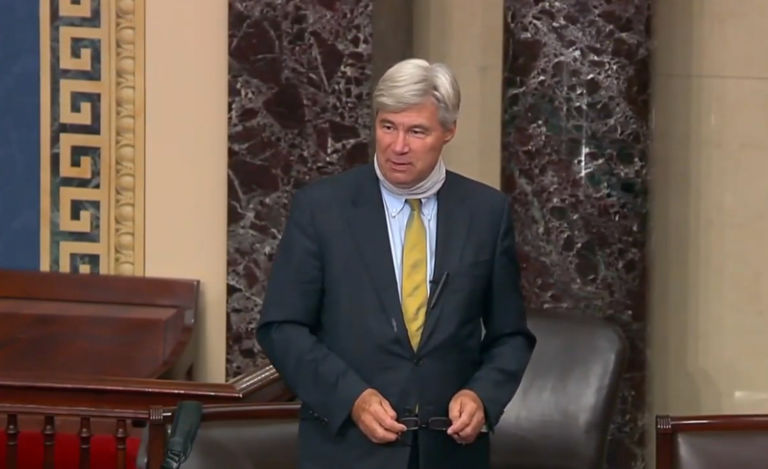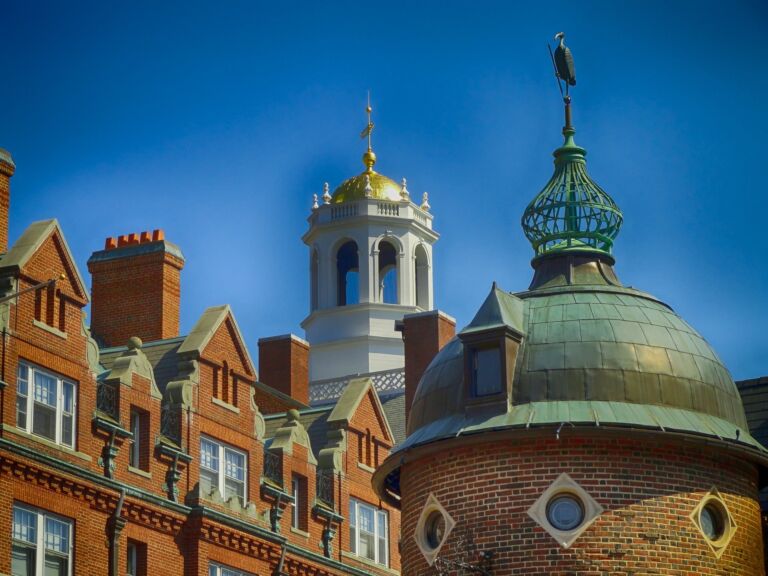In a recent blog post, staffers at the A.J. Fletcher Foundation in Raleigh asked an important question: What should private philanthropy’s role be during the federal government shutdown?
Unfortunately, the Fletcher Foundation’s answer was, charitably put, less than inspiring.
Rather than encourage private foundations and individuals to step up, Fletcher peddled a good dose of defeatism, arguing that private institutions can’t possibly fill the gap left by the shutdown, so why even try?
To quote the piece directly (emphasis added):
As a charitable foundation that provides support to the nonprofit community in NC, it’s hard to watch this go down and not do something. I’m sure the other organizations I mentioned, among many others, feel similarly compelled which is what makes them act. But our work at Fletcher Foundation is to support big, innovative ideas, putting money behind them to watch them grow and improve the lives of families and communities in the state. The government’s work is to support taxpayer’s interests which include caring for our poor and vulnerable citizens – giving them money for food, subsidies for childcare assistance to help them work, etc.
Make no mistake, we’re not chastising organizations and individuals who are pitching in and doing what we pay our government to do on our behalf. We get it and many people are grateful for their generosity. But we do ourselves a great disservice if we lead the public to believe the private sector can make a difference in this mess. As the burden shifts the public implies, “Oh, let’s look to private foundations and companies to foot the bill for these services we desperately need,” but they lack the understanding of just how vast the gaps are. The only entities that can make a difference are our federal and state governments, and perhaps our energy, time, and resources, are best served letting them know how our kids are hurting because of their inability to fund the services they greatly rely on.
How insulting to the thousands of humanitarian charities around the country that work day in and day out to help the needy, often with little if any government funding. The individuals who have committed their lives to these groups will be disappointed to learn that they can’t “make a difference,” and that their efforts are merely “a drop in the bucket” compared to the benevolence of the federal government.
The truth is that many private humanitarian groups in Wake County, and North Carolina more broadly, continue to make a huge difference. With little (or no) help from the federal or state government, they do their work primarily through the generosity and compassion of foundations, churches, and individuals. And they do it far more effectively and efficiently than government.
Is the Fletcher Foundation suggesting that these humanitarians can only be effective if they quit the private sector and become employees of the federal government?
Since the Fletcher Foundation wants to do “big ideas,” it might consider Nobel-winning economist F.A. Hayek’s “big idea” on the importance of localized knowledge and accountability. Liberals and progressives believe that federal and state government aid is the only way to address human needs.
But that’s a centralized form of power that lacks the accountability and understanding of a local group. At risk of stating the obvious, a local soup kitchen is far more in touch with the needs of a community than is a bureaucracy in Washington or Raleigh.
The fact that private philanthropists are stepping up during the shutdown is a terrific development for our nation. For progressives and liberals, though, it’s a threat.


